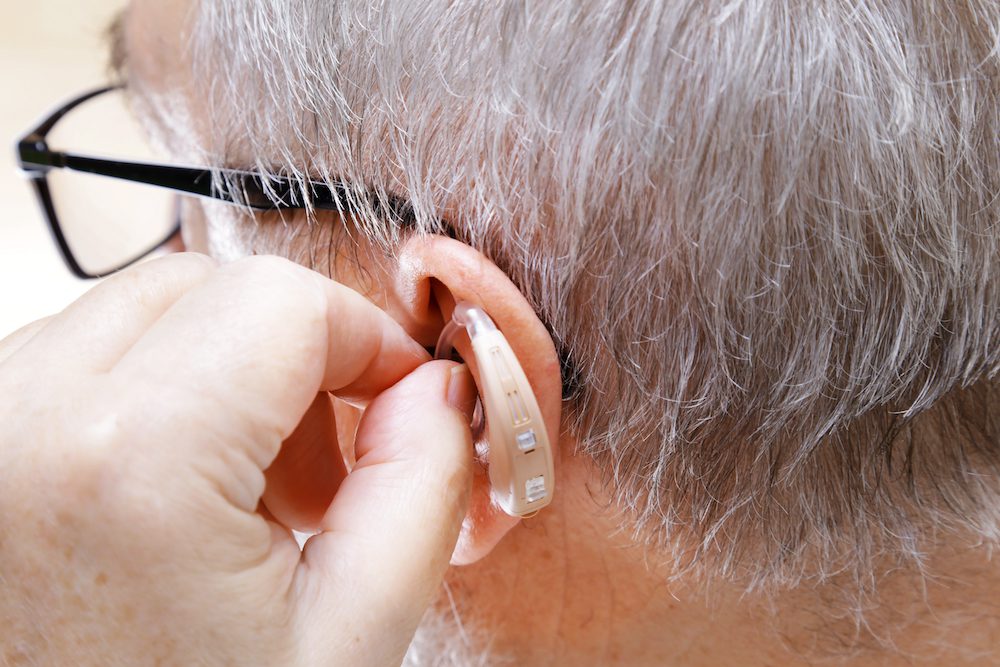Behind-the-ear (BTE) hearing aids are a popular choice for individuals with hearing loss. But what sets them apart from other types of hearing aids? Let's dive into the truth about BTE hearing aids.
How do BTE hearing aids work?
BTE hearing aids consist of a small plastic case that sits behind the ear and is connected to an earpiece by a clear tube. The case houses the technology that amplifies sounds and processes them to improve the wearer's hearing.
Who can benefit from BTE hearing aids?
BTE hearing aids are suitable for individuals with mild to profound hearing loss. Their design allows for more power and features compared to other types of hearing aids, making them a versatile option for many users.
What are the advantages of BTE hearing aids?
One of the main advantages of BTE hearing aids is their ability to accommodate a wide range of hearing loss. They are also easy to handle and maintain, making them a convenient choice for many users. Additionally, BTE hearing aids are less likely to cause feedback or occlusion compared to other types of hearing aids.
Are there any drawbacks to BTE hearing aids?
While BTE hearing aids offer many benefits, they may not be the most discreet option due to their size and placement behind the ear. Some users may also find them uncomfortable, especially in hot or humid conditions. However, advancements in technology have led to smaller and more comfortable BTE hearing aids in recent years.
What should you consider when choosing BTE hearing aids?
When selecting BTE hearing aids, it's essential to consider factors such as your hearing loss severity, lifestyle, budget, and personal preferences. Consulting with a hearing healthcare professional can help you determine the best option for your specific needs.
In conclusion, BTE hearing aids are a reliable and effective solution for many individuals with hearing loss. Their advanced technology and versatility make them a popular choice in the world of hearing aids. By understanding the truth about BTE hearing aids, you can make an informed decision about your hearing health.
